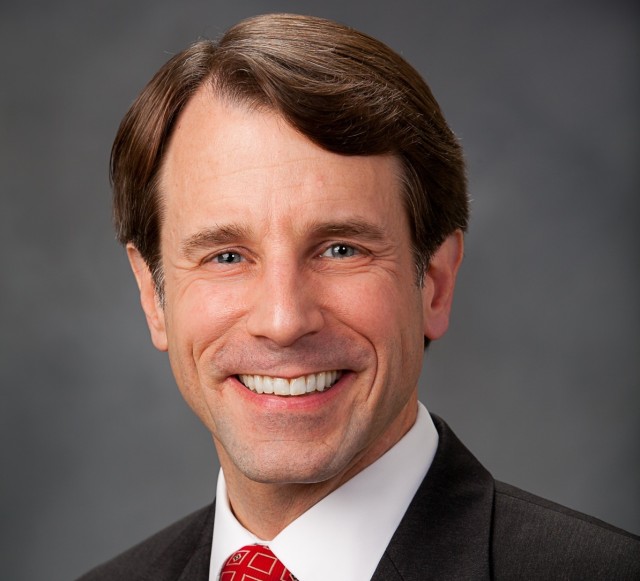
In this lull between the end of the first open enrollment for Covered California and the release of rates for next year — expected to be made public in July — San Francisco's Commonwealth Club invited the state's Commissioner of Insurance Dave Jones to talk about the state of the health care overhaul in California.
The commissioner closed his remarks by pitching for the rate review ballot initiative coming up in November. As moderator of the discussion following, I fielded several questions from the audience about the upcoming initiative. To recap the basics: If passed, the initiative would give the insurance commissioner the authority to reject excessive health insurance rate increases.
The insurance commissioner already has that authority over auto, homeowner, property and casualty insurance — via voter-passed Proposition 103 back in 1988. Many voters are surprised, Jones said, to find out he cannot also reject health insurance premium increases. He called this lack of explicit authority a "major missing piece of the Affordable Care Act."
"Californians have suffered from repeated health insurance rate hikes year after year," Jones said. "On average (health insurance) rates in the last 10 years have gone up over 150 percent. That's five times the rate of inflation."
Jones also noted that 35 states have given their insurance commissioners "the authority to reject health insurance rate hikes, but not California."